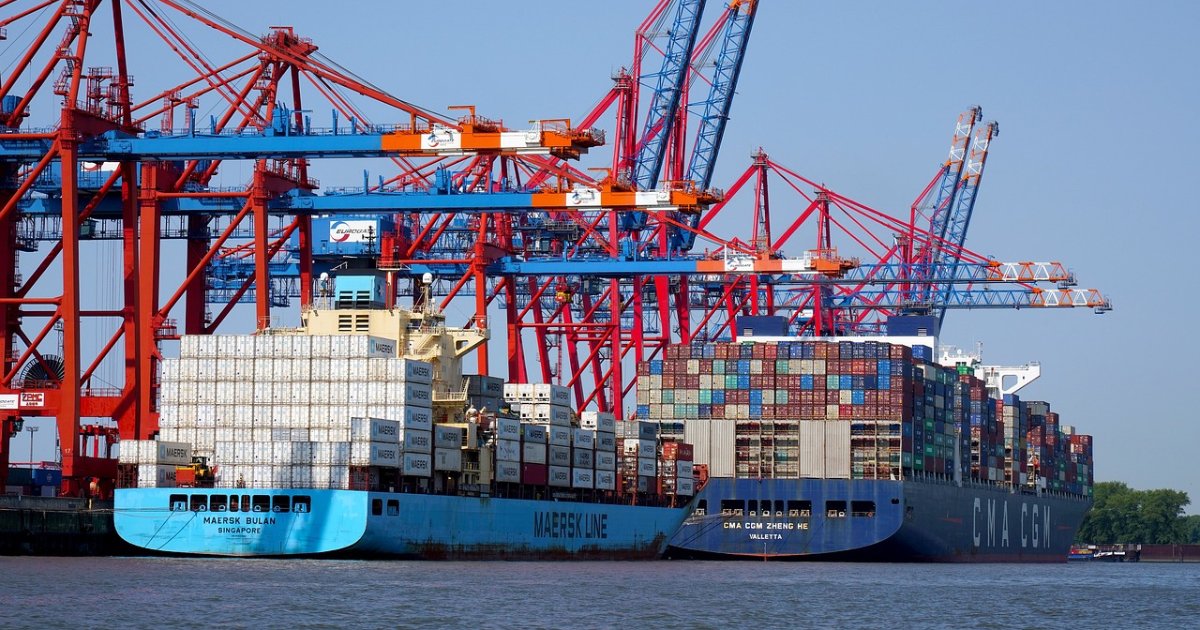Negotiating New Paths as Tariffs Take Hold

By Mark Seavy
As newly established U.S. tariffs take hold on imported goods, licensing agreements are increasingly up for negotiation.
The form these new and existing contracts are taking across nearly all product categories will likely vary. But these agreements are all focused on offsetting the added cost of tariffs that start at 10% but increase, depending on the country, to the 145% being levied on imports from China.
In many cases, the strategies being deployed are similar to those used during the global pandemic and the 2008 global recession, industry executives said during Licensing International’s recent Addressing the Impact of Tariffs webinar.
The current situation is more reminiscent of the 2008 recession, which was tied to financial liquidity, said Jed Ferdinand, a partner at Meister, Seelig & Fine. “Anything that is in the negotiation stage right now is being paused, renegotiated, or cancelled entirely.”
A portion of negotiations are focusing on royalty rates. In lieu of a change in a contract’s net sales clause to include the cost of the new tariffs, royalty rates could be reduced to reflect the higher prices, said Steven Heller, President of The Brand Liaison.
Meanwhile, Boston America, which sells licensed energy drinks and candy tins, is seeking a 1-2% reduction in royalty rates to reflect the added costs as it negotiates contract renewals, CEO Matthew Kavet said. Licensors so far haven’t been particularly receptive to the proposed lower royalty rate but, hopefully, their mood will change, Kavet said. The company also has six to 12 months of pre-tariff inventory as a hedge against the rising costs.
Character and sports licenses typically carry 15-20% royalty rates, followed by fashion (10-12%), off-price and discount retail (5-8%), and consumables (sub 5%).
“Licensors have had their firm number and standard royalty rate, but there is going to have to be some flexibility, whether it is on new licenses or amendments [to existing agreements],” Heller said.
And while price increases are likely on the horizon, when they will be applied has not yet been determined. Boston America has no plans for wholesale price increases until November at the earliest, Kavet said.
And while many are calling for compromise and an openness to change during these conversations, many licensees are actually being hampered in retail negotiations by the fluid nature of the current situation. Many of the companies at the recent New York Tabletop Show hadn’t set wholesale prices pending a firming up of tariffs.
The uncertainty was underscored when crafts retailer Hobby Lobby, which operates 1,019 stores, told vendors that because of the escalating trade war and the “rapidly shifting and unpredictable landscape,” it was delaying shipments from China, though not canceling orders. It is reviewing these plans weekly, the retailer said.
Niraj Shah, CEO of home furnishing retailer Wayfair, meanwhile, urged vendors to have patience regarding any tariff-related price increases. Early movers in applying price increases might see a drop in demand that isn’t offset by higher prices, Shah said. For example, furniture is a Wayfair staple and Vietnam, which accounts for 37% of U.S. furniture imports and is the largest exporter of them, was hit with a 46% tariff rate.
“Tariffs are the loaded question of the day,” said Jennifer Dibenedetti, VP of Marketing at tabletop supplier Lenox. “We are trying to consistently stay on top of this and right now we are in a holding pattern [with prices] to see what happens. We might just do a tariff surcharge, but we are waiting to see what the options are.”




